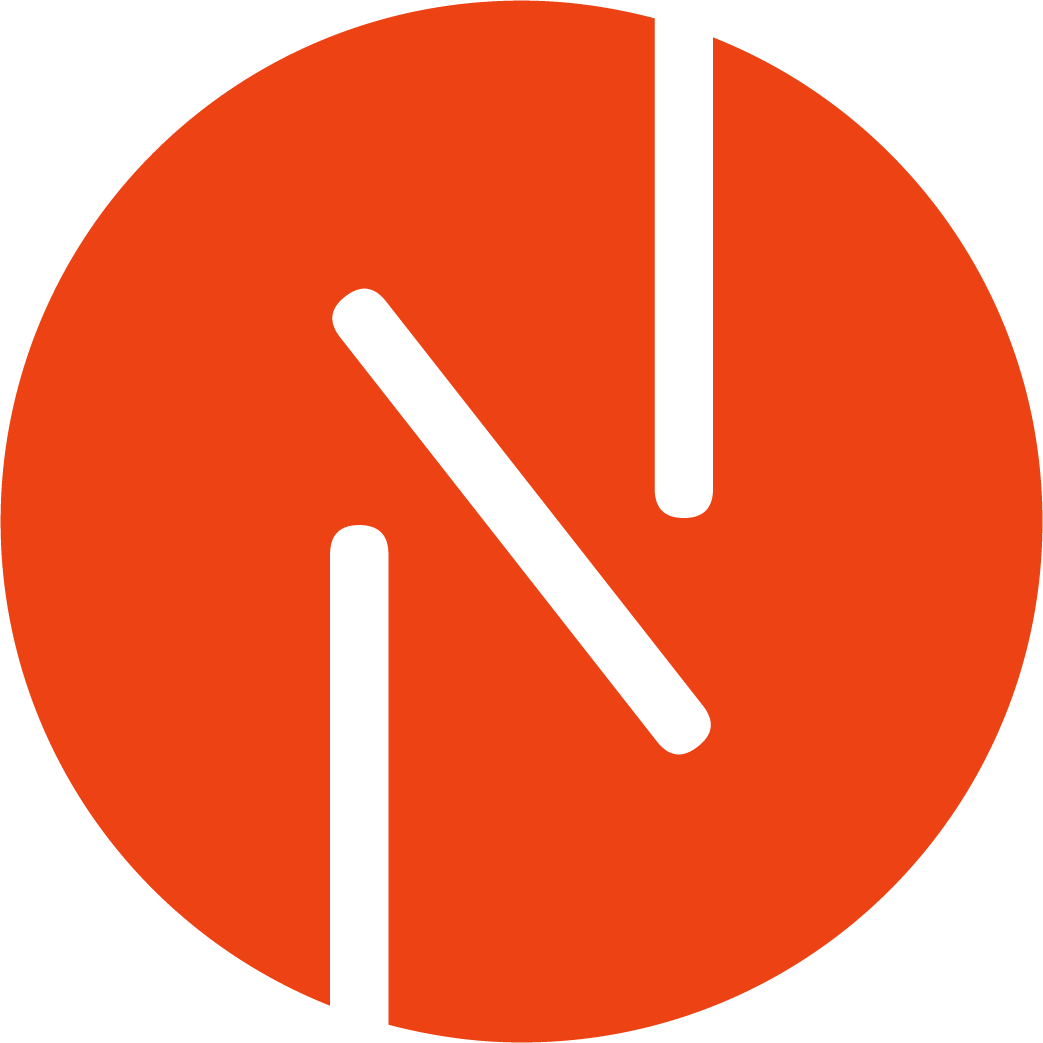Using breakthrough nanorod technology as a novel approach to diagnostics
It’s been a long journey for President of Nanophage Technologies Jasna Rakonjac. She’s been researching bacteriophage (bacterial viruses) since 1991, when she began her PhD in molecular biology. Now she’s developing the next generation of diagnostic tools with her new biotech start-up.
A lifetime’s work
Originally from Serbia, Jasna studied in New York on a Fulbright Fellowship. After her PhD at Rockefeller University, she moved to New Zealand in 1999. She spent a few years working in Crop and Food research but couldn’t shake her fascination with microbial biotechnology and the potential of bacteriophages, viruses that attack bacteria for biomedical applications.
In 2003 she was awarded a Marsden Grant for bacteriophage basic research and began working as a senior lecturer at Massey. There she investigated ways to make bacteriophage-derived nanorods more efficiently. Part of her interest was in nanorods’ potential to improve diagnostics, and during this research she developed a lateral flow test to detect fibronectin (a human protein) as a proof of principle.
In 2014 she had a major breakthrough in her nanorod production process, making it 2,000-fold more productive than before. She also developed a technique to attach useful molecules along the nanorod shaft, to produce bespoke nanorods for diagnostic tests. Since then, Jasna has continued to innovate and improve this process, which is being patented.
The many potential applications of nanorods
Nanophage Technologies is working to produce diagnostic tests that are sensitive, stable at room temperature, less expensive, and less toxic for the environment.
The Nanorod production process developed in Jasna’s laboratory is free of antibiotic resistance genes. This makes them suitable for medical applications such as vaccines, where it’s critical you don’t introduce antibiotic resistance to the human body.
Other potential applications include a range of immunodetection assays used in research and diagnostics. Jasna says, “Nanorods act as a signal amplifier, so there are many possibilities, for example they could improve the flow cytometry used in immunology or for detecting proteins in cells, or interactions between proteins and other molecules in cell biology.”
Just as exciting is the unknown potential. Jasna says, “We’ve discovered a precise mechanism to make large numbers of nanorods of uniform length and width. But the really big advantage of these nanoparticles is they're very stable to heat and pH extremes, they’ve no antibiotic resistance, and you can attach many different things onto them. So, they're very versatile.”
From lab to start-up incubator
In 2020, Jasna won six months funding from the MBIE’s COVID Innovation Acceleration Fund. This was enough to fund two people to use the new nanorod tech to make a proof of principle Covid lateral flow test. This was followed by a donation from Massey University alumni, Bryce and Ann Carmine through the Massey Foundation and a grant from Palmerston North Medical Foundation. The tech was ready to pitch to investors.
Massey Ventures and Bridgewest together with the Callaghan Innovation offered early stage investment to turn ideas into commercially viable products. They funded Jasna to start an incubator company, hire a senior scientist and a postdoc, engage with regulatory bodies, develop market strategy and embark on some initial clinical studies.
Jasna recalls how Bridgewest Ventures became involved.
Jasna Rakonjac
“Massey Ventures do a lot of work presenting research to investors. So, they made the introductions, then I presented to the Bridgewest team and their scientific advisory committee, who gave it the tick. Bridgewest has invested in a lot of companies with interesting breakthrough technologies so there are excellent prospects for collaborations. Also, they’ve a great support system for scientists. I never thought I’d run a start-up company, but they made it very easy for me to do this. It's the difference between going somewhere without a map and having Google maps to guide you. And it's like having a dragon on your side because they have the connections, systems, expertise, and manpower. It's a great feeling starting a new thing and being so supported.”
A new partnership for Massey Ventures
CEO of Massey Ventures, Mark Cleaver has been a champion of Jasna’s work for five years, when the organisation first provided seed funding for her project. He says, “Getting a project to investment is a long journey. It’s good to be at the point where Jasna’s work is investor ready and external parties have made that assessment. That's the ultimate validation for us.”
Bridgewest is a new partner for Massey Ventures. Mark explains why they were the natural fit for Nanophage Technologies. “They’ve a number of investments in biomanufacturing. So Jasna can leverage their experience, resources, and network to make the connections she needs. And they bring a well-formed set of systems to their start-ups, which is really helpful because they've good experience of what works. Also, they’re very well connected in the broader biotech ecosystem. That brings huge value because we’re not. Working with a company with a long, strong track record of success in this space gives us confidence.”
Mark Cleaver
“The great thing about biotech for New Zealand is that it fits the weightless economy so our distance from global markets isn't an issue. Although we're a small economy, coming up with new technologies is down to individuals’ intellectual abilities, and our smarts are second to none. Biological nanorods have potential for applications from diagnostics to vaccines. Areas of critical importance to everybody, especially in the middle of a pandemic. We don't know this tech’s full potential yet, and I imagine it will provide solutions for problems we haven't even seen.”
Jasna’s delighted to be at this stage. “Developing tech from a big idea to a production system that’s safe and economically sound, takes time, trial, and error. You have to be patient and enthusiastic for a long time. It's been 25 years of work for me. So, it’s hugely exciting to see the esoteric science of bacteriophage assembly become something that’s promising to solve a big problem by making diagnostic tests more accurate and accessible for everyone. It’s good to know my life’s work is having that sort of positive impact.”
Do you have the next big idea in deep tech?
We’re searching for meaningful innovations that will impact our world socially, economically, or environmentally. This can come in many forms, from technology advances in AI development and semiconductor engineering to life science breakthroughs or biomedical discovery.
If you’ve got a novel idea, apply to the Bridgewest Ventures Deep Tech Incubator today!




